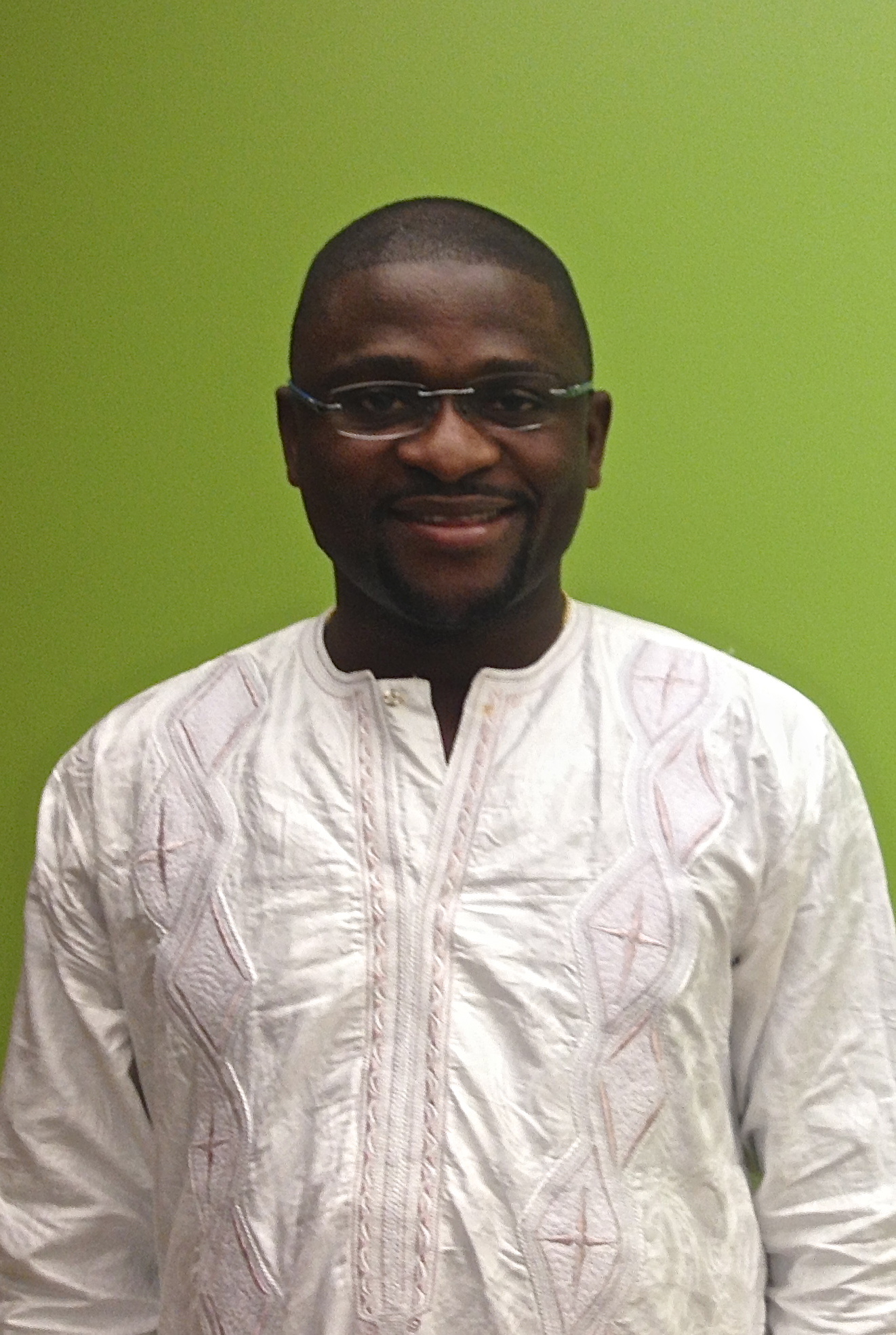Out of the comfort zone: Public transparency in Sierra Leone
Emmanuel Saffa Abdulai’s campaign and its implications for corruption, foreign aid, and extractive industries.

Taking people out of their comfort zones is how Emmanuel Saffa Abdulai describes his work in Sierra Leone. His tool for doing so?
Information.
Abdulai is a lawyer, former journalist, and the founder and executive director of the Society for Democratic Initiatives (SDI) in Freetown. Throughout his legal career, which began on Sierra Leone’s Truth and Reconciliation Commission in 2004, Abdulai has seen information as the one thing that affects change.
“Deterring corruption is about creating and testing the obligation of public institutions and officials to the people,” he says.
This is something Abdulai knows something about.
On a national level, he and SDI work to produce the “Contract Watch Bulletin,” a publication intended to monitor government procurement in Sierra Leona, as well as contracts between the government and both foreign and domestic companies involved in extractive industries. From questioning a leaky roof on the new airport terminal in Freetown that blew away in a storm in May, to 10,000 acres of Swiss land purchases for EU ethanol production, Abdulai see his organization’s role as exposing the public and the media to information that is largely still unavailable in Sierra Leone.
Making such information available is not just strategic for Abdulai. It’s personal.
“It was corruption that drove the war,” he says. “enabling our institutions to be destroyed.”
Abdulai’s journey to understand what started the war, which resulted in the loss of his only brother, is something that still fuels his work today.
Abdulai drafted Sierra Leone’s Freedom of Information Act in 2005, and has been working ever since to get it passed. He has remained committed because he says making simple inquiries can enable changes in government officials’ decision-making and they can get results.
When the construction of a main thoroughfare through the western side of Freetown, Wilkinson Road, continued to be delayed, SDI ran a story full of questions in the Contract Watch Bulletin about the contractor, the source of funding, the materials used, etc. Abdulai said that from SDI’s newsletter, newspaper stories ran, the responsible government authority issued a response, and within six months, the road was completed.
Was SDI’s article the catalyst for change? Abdulai seems to think it was certainly a contributing factor, and cites many other examples of how asking questions makes waves. This is why he advocates for the strengthening of local institutions alongside freedom of information.
SDI also works at the local council level, training 14 young men and women as monitors to “test the laws” that govern local governance and transparency. Under a 2004 law, local councils are required to release all documentation related to spending, including development plans, meeting minutes and financial statements. They’ve brought three cases to court so far over the past year, and though they are still pending, Abdulai says they’ve made an impact.
“We have to help create a mandate, a precedent of jurisprudence, so that law and governance are working together at the local levels, and so that every day citizens can see why it’s important,” he explains.
One area where Abdulai still finds it difficult to monitor, however, is international aid projects in Sierra Leone.
“The problem is that we can’t monitor NGO projects—they have no obligation to us as citizens. If we make more information available about what’s being given and for what by the US government, this can fit well into the contracting and procurement monitoring processes already set up in Sierra Leone,” he explains.
“Aid needs to benefit the people. I don’t know why [the USG] thinks that investing in international NGOs is working. It hasn’t worked for sixty years.”
Abdulai supports giving more direct support to local groups, though he worries about the conditionalities, misalignment of priorities, and “projectization” of aid. He also is worried about the lack of transparency within Sierra Leone civil society, though he says freedom of information can help there too.
“I am also concerned about corruption. But if [USG] makes information available to the media on local NGOs, somebody is going to follow-up with me. People can come into my office and I can show them all of my receipts and documentation. I don’t need 10 years to get my organization ready for one million dollars. I am already responsible to the trust of the public.”
That public trust is crucial, as Abdulai looks ahead to Sierra Leone’s future. He’s concerned the discovery of oil will lead to yet another “resource curse” for the country.
“If we don’t get it right in the next few years, we won’t get it right. Oil money is coming and the disadvantage of an abundance of resources is a threat to democratic space. We need to get it right, now.”
***
New legislation—the Foreign Aid Transparency Act of 2013—would open the books on US foreign aid. More transparency will enable people like Emmanuel Saffa Abdulai to hold their governments accountable for how they invest US resources. Learn more and contact your representatives here.